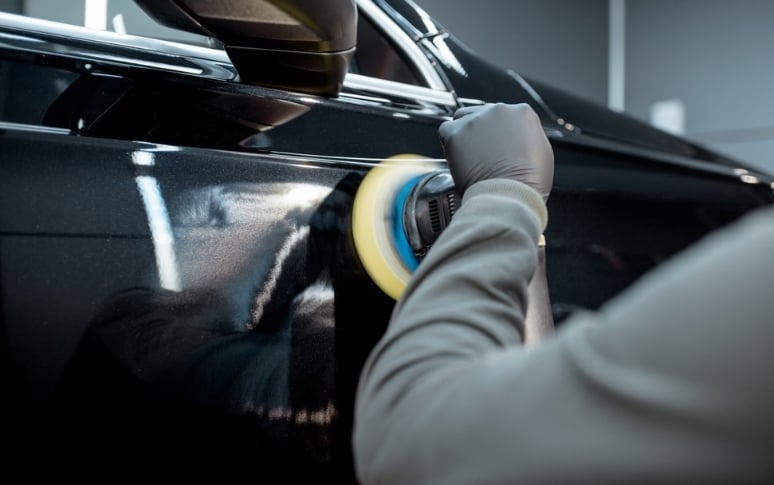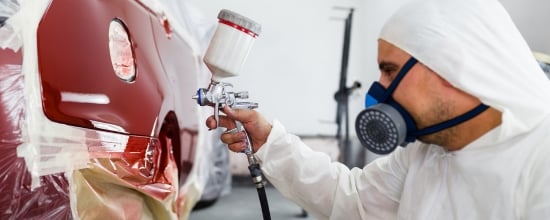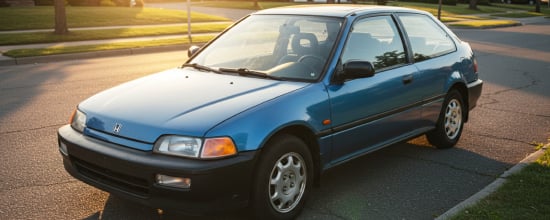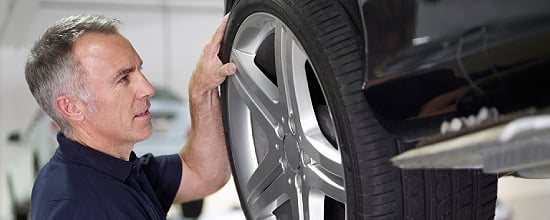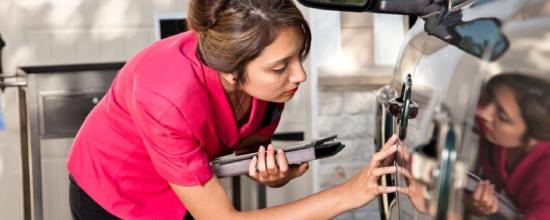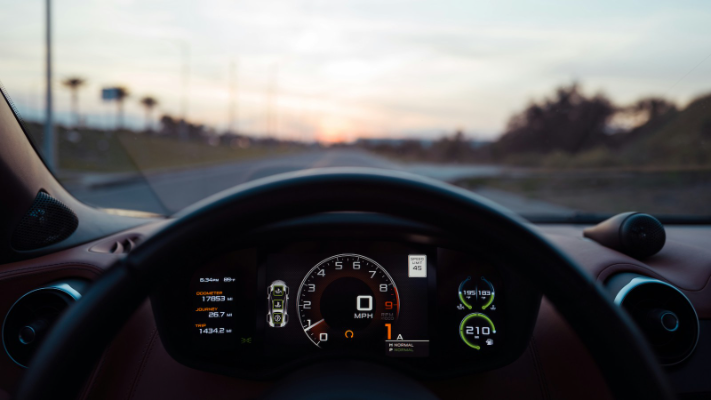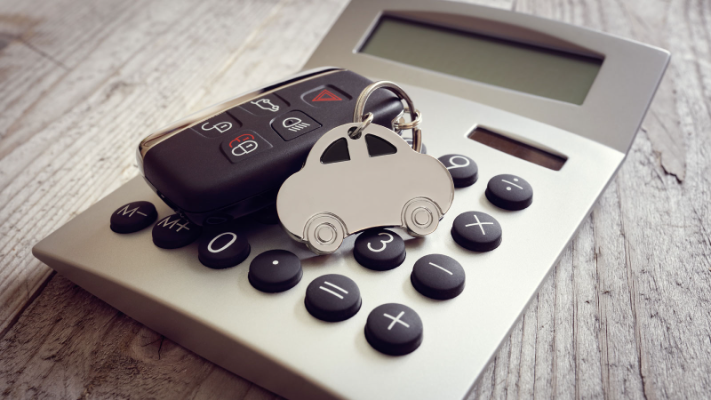1. Car Paint is Vital for Vehicle Health
Painting is more than appearance—it protects the metal body from rust and corrosion, critical for your vehicle's structural integrity. In auto repair, a quality paint job seals and shields damaged surfaces, preventing further decay. This protective layer supports long-term vehicle health.
Maintaining paint also factors into regular car care, as chips or scratches can expose metal to moisture. Prompt paint repair helps avoid expensive rust damage that compromises safety and repair costs.
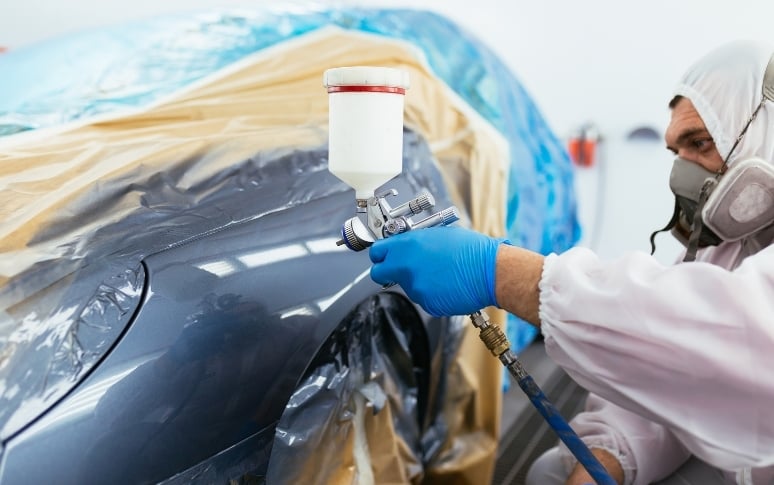
2. Preventing Hidden Repair Issues
Before painting, thorough body repairs fix dents, rust, and scratches that could worsen if left untreated. Proper prep work is essential to both paint durability and the car's overall function. Auto repair shops focus heavily on preparing surfaces to stop corrosion and ensure lasting protection.
Ignoring bodywork before paint leads to recurring problems, such as bubbling or paint peeling, which impacts your car's health and increases future repair costs. A well-prepped vehicle is easier and cheaper to maintain.
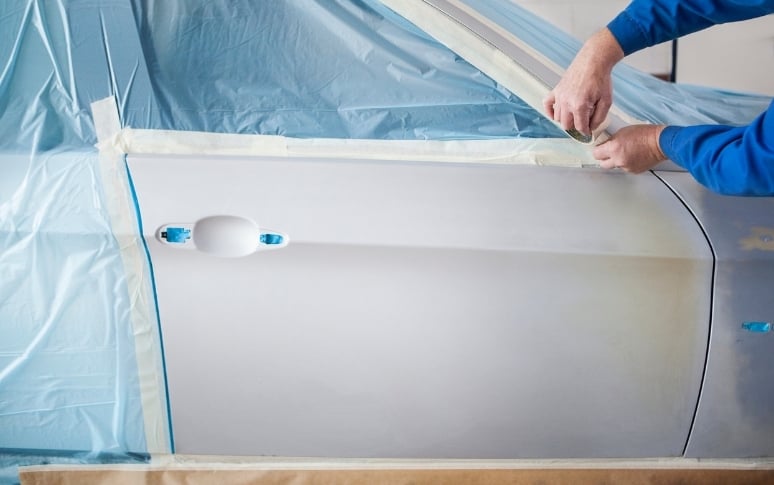
3. Layers Enhance Vehicle Durability
Additional paint layers, clear coats, and protective finishes like ceramic coatings or Paint Protection Film (PPF) add to your vehicle's defense system. These layers prevent damage from road debris, salt, and environmental elements that deteriorate your car's frame and parts.
Ceramic coatings strengthen the body by creating a long-lasting shield, reducing oxidation and rust buildup. PPF protects vulnerable areas from chips and scratches, vital for keeping the car structurally sound over time.
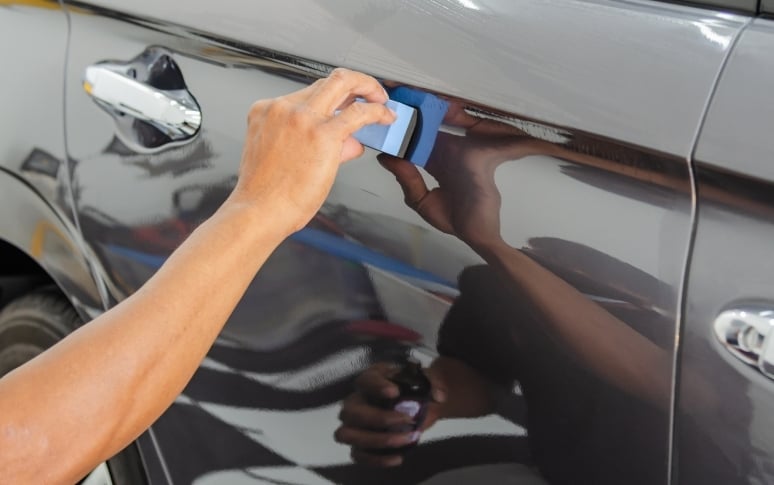
4. Custom Paintwork Requires Expert Care
Custom painting is often part of body repairs after accidents or panel replacements. It restores not just looks, but also sealed surfaces that prevent moisture intrusion and preserve metal parts.
Skilled painters ensure the coating bonds correctly, preventing future corrosion around repaired sections. While more expensive, these detailed jobs are crucial to restoring your vehicle's original protection and structural health.
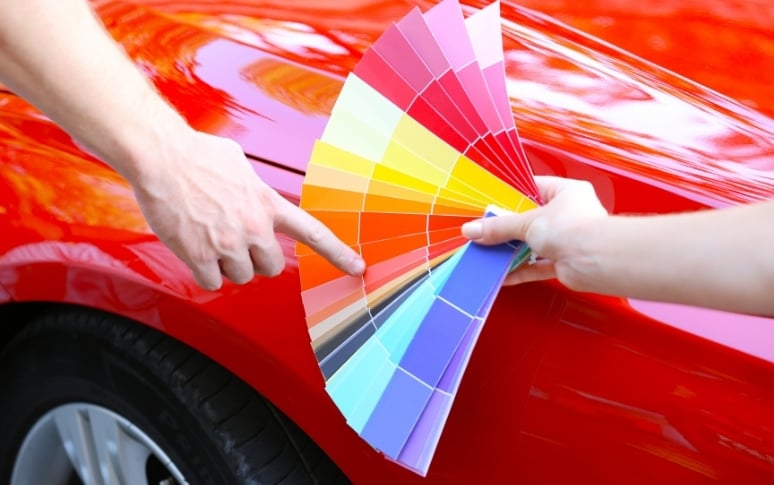
5. Choosing the Right Paint Services
Auto repair shops offer tiered painting options tied closely to repair quality: basic paint may skip full prep, risking premature issues; mid-level prep improves protection; premium jobs provide full surface restoration to maximize corrosion resistance.
Selecting the right level correlates directly with how well your repairs hold up over time. A subpar paint job undermines the labor and parts involved in your bodywork, possibly leading to costly follow-ups.
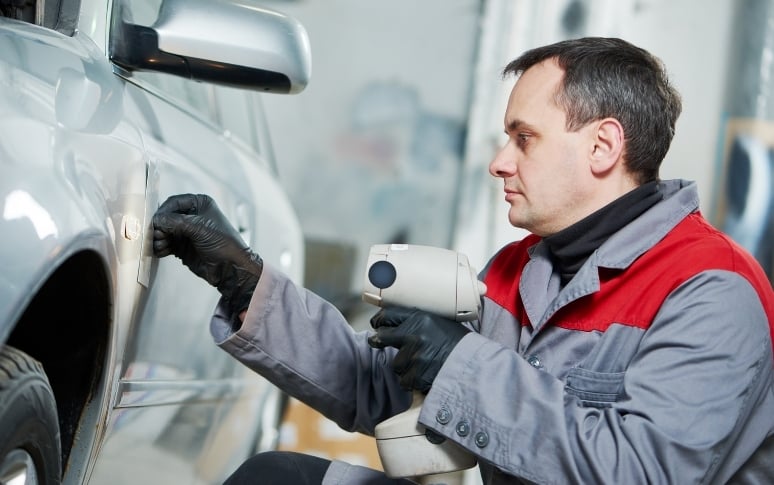
6. When to Consider Painting
Paint deterioration signals more than aesthetic decline—it indicates loss of protection exposing your vehicle to damage. Signs like peeling, cracking, or fading suggest paint can no longer shield against rust and corrosion effectively.
Including repainting or touch-ups in your auto maintenance schedule helps prevent structural damage and prolongs vehicle life. Timely paint care is a preventive measure supporting all other repair work you do.
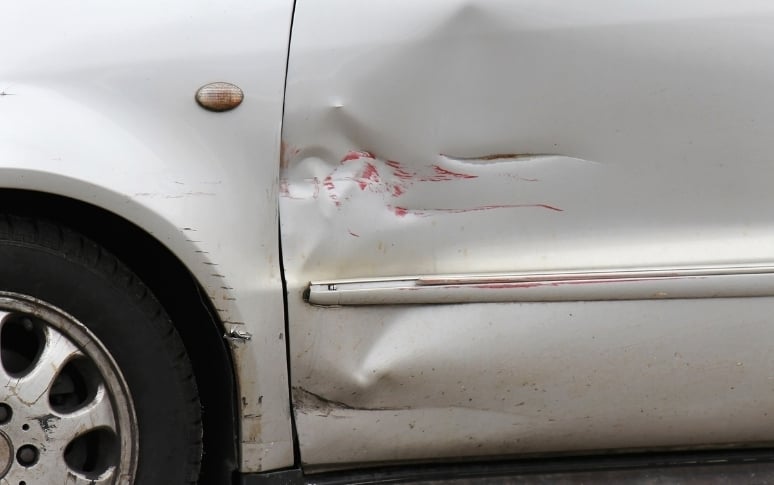
7. Professional vs. DIY Painting
Professional paint jobs ensure proper adhesion and full protective coverage, preserving the vehicle's body and preventing costly future repairs due to rust or damage. This is especially important after body repairs.
DIY painting often lacks the technical prep and finish quality necessary to protect the car long-term. Poor application can trap moisture or leave gaps, accelerating corrosion and negating repair benefits.
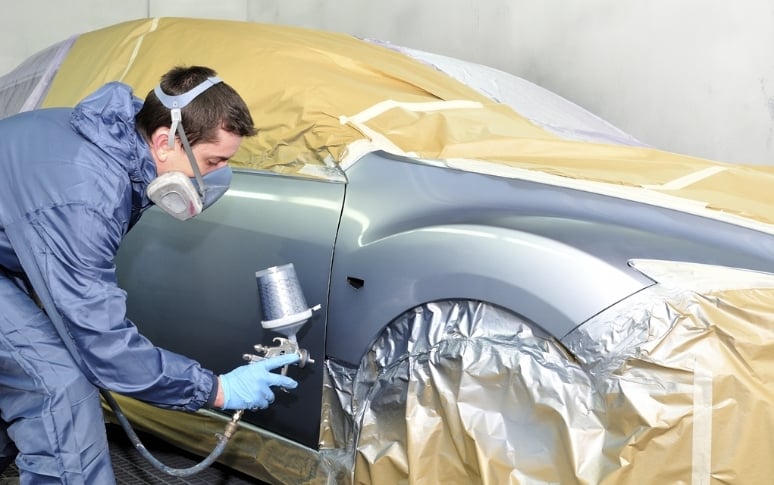
8. Alternatives to Painting that Support Auto Repair Goals
Other than repainting, services like paint correction remove minor clear coat defects that can lead to moisture exposure. This preserves the underlying metal and extends repair longevity.
Vinyl wraps and Plasti Dip coatings offer protective layers that shield vehicle surfaces, often used to protect freshly repaired areas without expensive paint. These alternatives contribute to ongoing car health with less downtime and cost.
